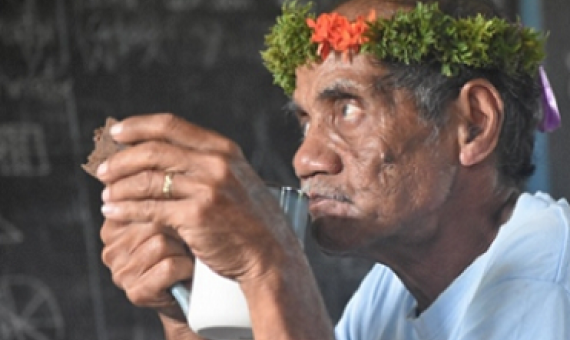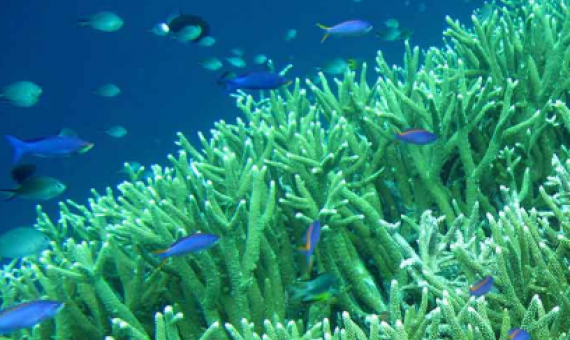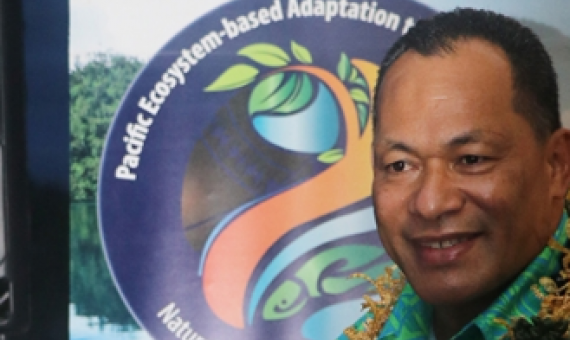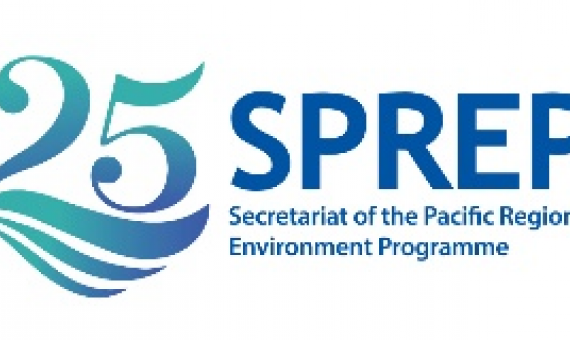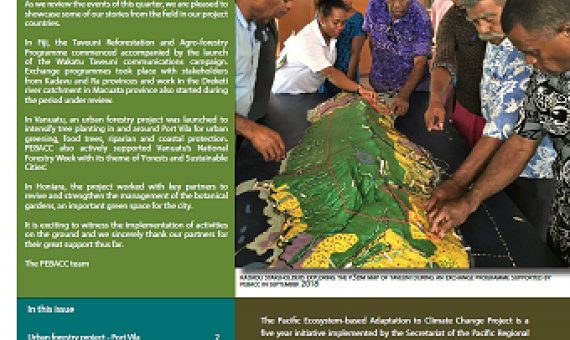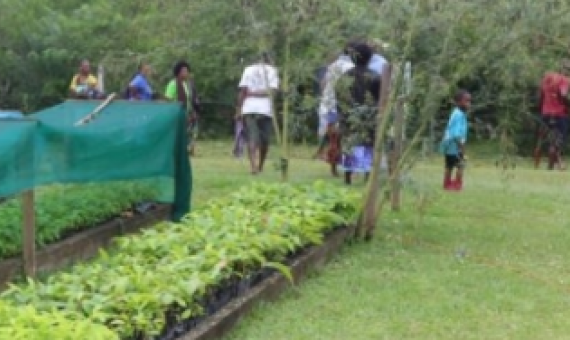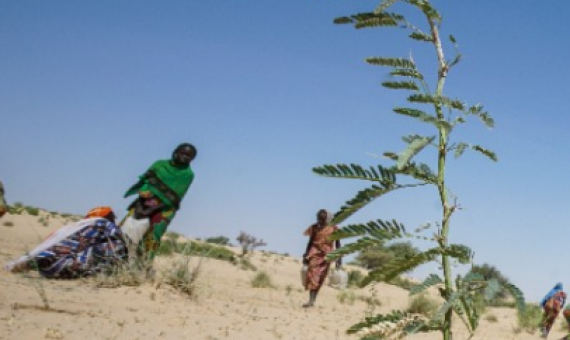IUCN invites you to submit a Proposal for the Preparation of GCF Full Proposal Documents for the Melanesia Coastal and Marine Ecosystem Resilience Programme...The successful consultants will have a team of people to conduct feasibility studies and climate studies to write
The Protective Value of Nature
The Protective Value of Nature summarizes the latest science on the effectiveness of natural infrastructure in lowering the risks to communities from weather- and climate-related hazards—benefits that we often describe as “natural defenses.” Over the past two decades, the body of research evaluating and quantifying the protective performance of natural infrastructure has increased significantly.
This month, the United Nations Environment Programme (UNEP) released a brand-new animation to explain the increasingly popular concept of ecosystem-based adaptation (EbA). Restoring and protecting nature is one of the greatest strategies for tackling climate change, but not just for
In 1964, young Joseph Teia said goodbye to his home in the Gilbertese islands of Kiribati, boarded a vessel and came to Solomon Islands and never returned.
The accumulation of marine litter in the world’s oceans over the past decades has risen. Plastic is ubiquitous, cheap to produce and extremely durable. Every piece of plastic ever produced still exists, therefore much of it has ended up, in the oceans.
Helping Solomon Islands to further enhance environment monitoring and reporting was the launch of a national environmental online portal as well as a range of reports called the Ecosystem Resilience Analysis and Mapping Reports, in June. Click on the link below to read the full article.
An Ecosystem and Socio-economic Resilience Analysis and Mapping (ESRAM) assessment undertaken by the Pacific Ecosystem-based Adaptation to Climate Change Project (PEBACC) in the Solomon Islands has been presented with the 2018 Sustainable Management Award in the Internationally Funded Category by
Welcome to this seventh issue of the SPREP Pacific Ecosystem-based Adaptation to Climate Change (PEBACC) project newsletter, an initiative to disseminate information on Ecosystem- based Adaptation (EbA). This edition covers the period from August to October 2018.
SPREP’s Vanuatu Country Manager, David Loubser highlighted that the urban forestry component under the PEBACC project will include Tagabe River riparian restoration and the establishment of community based tree nurseries. Click on the link below to read the full article.
40% of the world’s 230 major watersheds have lost more than half of their original tree cover and more than 2 billion people lack access to reliable safe drinking water. Click on the link below to read the full article.



